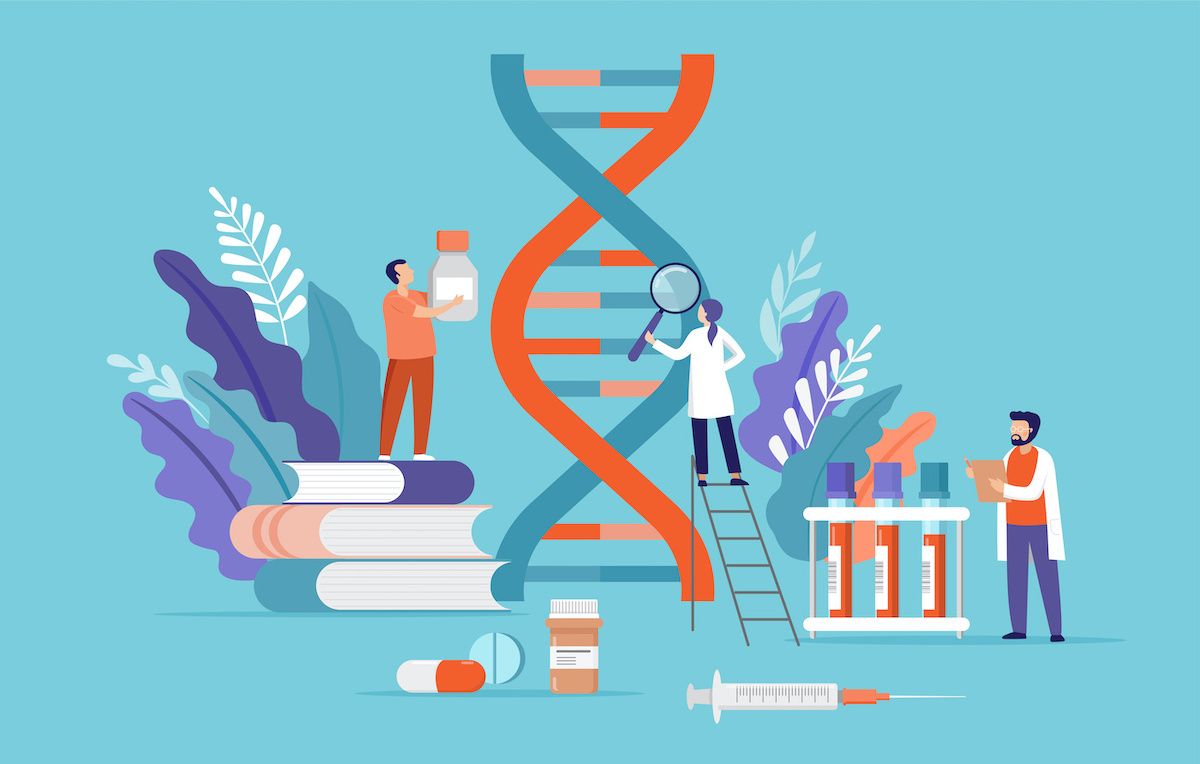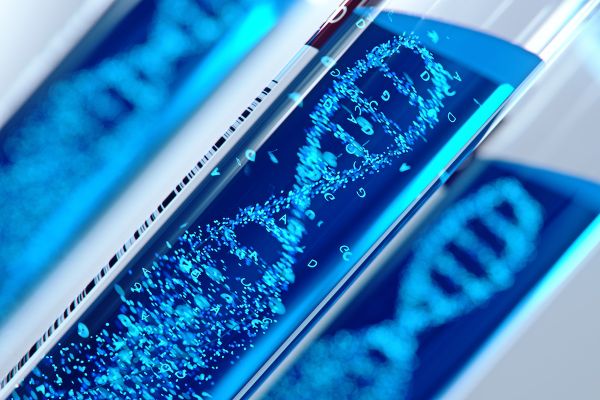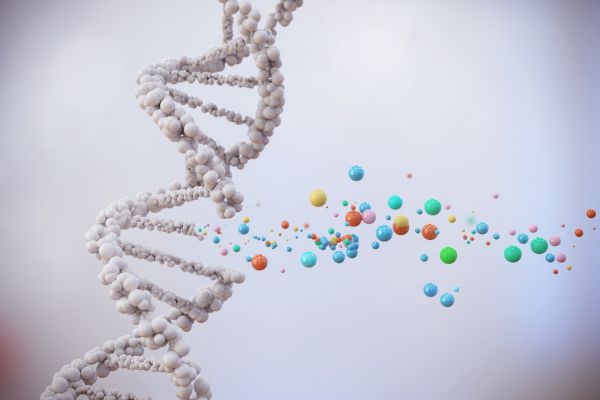New Roswell Park program aims to help patients assess their risk
Genetic risk assessment and testing for hereditary cancer syndromes are an important part of the cancer journey. It can help patients understand why a cancer may have occurred as well as if there is additional risk for another cancer type for the patient — or their family members.
While not every cancer patient needs genetic screening, studies have shown that patients who have had a history of cancer — and should be tested for hereditary cancer syndromes — are not being tested. Perhaps you were not eligible at the time of your diagnosis, but new diagnoses in your family since then may have increased the chances that your cancer could have had a hereditary component. In addition, new technology, new testing and newly discovered cancer-associated genes have changed the paradigm for genetic testing and now more people than before can benefit from the information the testing can provide.
Should you have genetic screening?
We already know that breast cancer survivors who had genetic testing before 2015 should undergo updated testing now because this may impact what other screenings you should have done. If the updated testing does reveal genetic mutation, then your children should be made aware so they can decide if they would like to get genetic testing that may impact their health screenings.
For example, we now know that all patients with a diagnosis of ovarian, pancreatic or metastatic prostate cancer should have genetic testing; however, we are falling far short of that. In fact, only about 30% of patients who have had ovarian cancer, 38% of pancreatic cancer patients and 10% of all metastatic prostate cancer patients have undergone hereditary cancer genetic testing. Additionally, 80% of women with a history of breast cancer and who met the criteria for testing did not receive it.
Schedule your genetic screening consultation
If you believe you are at high risk, our genetic counselors can help assess your cancer risks and determine if further genetic testing is needed.
Learn MoreCARE program helps you detail your family history
Because we want to make sure our cancer survivors undergo genetic risk assessment, we are excited to announce that we will be starting a new program called CARE (Comprehensive Assessment Risk and Education) at the Survivorship Center at Roswell Park Comprehensive Cancer Center. The purpose of CARE is to give your providers information about the cancers in your family to help decide if you should get genetic testing for hereditary cancer.
Patients who have completed active treatment and are continuing their follow-up through the Survivorship Center will get a text or email questionnaire from Roswell Park before your upcoming Survivorship appointment. This questionnaire asks about your personal and family history of cancer. Receiving this survey before your appointment allows you time to gather information about any cancer that may be in your family. If you are eligible for testing, the CARE program provides you the opportunity to learn more about genetic testing with educational videos and articles before your appointment. You’ll also be able to ask the Survivorship team any questions at your appointment.
If you choose, you can then go ahead with genetic testing the same day as your appointment in the Survivorship Center. (It’s a simple blood draw!) If you have more questions, you can be referred to our genetic counselors. You can also decline genetic testing and opt out of additional genetic testing in the future.




